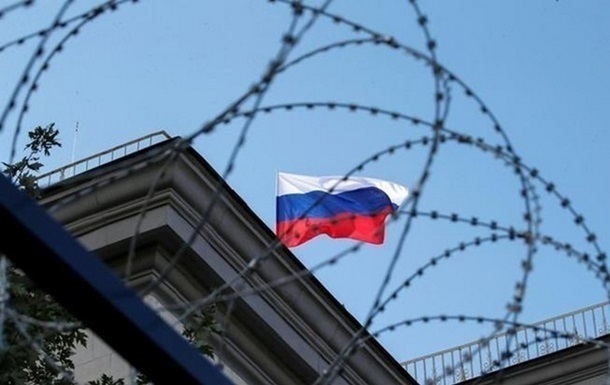### Switzerland Joins EU Sanctions Against Russia: An Analytical Perspective
In a significant move, Switzerland has aligned itself with the European Union by implementing the 13th package of sanctions against Russia. This decision was officially communicated by the Swiss government’s press service, marking a crucial step in the global response to Russia’s ongoing actions that threaten the stability and sovereignty of Ukraine.
#### Expanding the Sanctions List
The scope of Switzerland’s sanctions is noteworthy. The country has expanded its blacklist to include **106 individuals** and **88 legal entities**. These sanctions are not merely symbolic; they reflect a concerted effort to target key players in Russia’s military and economic infrastructure. For instance, you might not realize that the sanctions are not limited to high-profile politicians. According to European Union data, many of those sanctioned are involved in sectors that have direct implications for military operations, emphasizing the broad impact of these measures.
**Key Individuals and Entities Targeted:**
— Military officials with ties to the ongoing conflict
— Strategic industries that supply critical technologies and resources
#### Protecting Vital Technologies
One of the standout provisions of these sanctions is the prohibition of the sale and export of components essential for designing and producing drones. This move is particularly relevant in today’s geopolitical landscape where drones are becoming increasingly pivotal in modern warfare.
For example, a recent report by the Center for Strategic and International Studies noted that drone usage in military conflicts has surged, illustrating their effectiveness in reconnaissance and attack operations. By cutting off access to these technological components, Switzerland is taking a proactive stance in curbing Russia’s military capabilities.
#### The Broader Context: EU Sanctions
Switzerland’s actions are in lockstep with the European Union’s own measures, which were announced only days earlier. The EU’s 13th package of sanctions targets a wide array of individuals and companies that play a role in undermining Ukraine’s territorial integrity. This includes officials in occupied territories as well as representatives from countries like North Korea, showing just how interconnected global geopolitics has become.
**Highlights of the EU Sanctions:**
— Restrictions targeting government officials from occupied regions
— Action against specific companies linked to military advancements
#### Why This Matters
The importance of these sanctions extends beyond immediate political consequences. They signify a united front against aggression, sending a clear message that violations of international law will not be tolerated. According to a survey by the Pew Research Center, a significant majority of citizens in Europe and North America support increased sanctions against Russia, reflecting public sentiment that aligns with governmental actions.
#### In Conclusion
As Switzerland steps up its commitment against Russia’s military actions, it’s crucial to recognize the role of international sanctions in shaping political discourse and policies. Such measures not only aim to weaken military capacities but also highlight the growing willingness of nations to cooperate in the face of global challenges. The situation continues to evolve, and monitoring these developments will offer critical insights into future diplomatic and military dynamics.
By disseminating these insights, we not only engage in a discourse on current events but also invite our readers to consider the broader implications of such actions on global stability.






